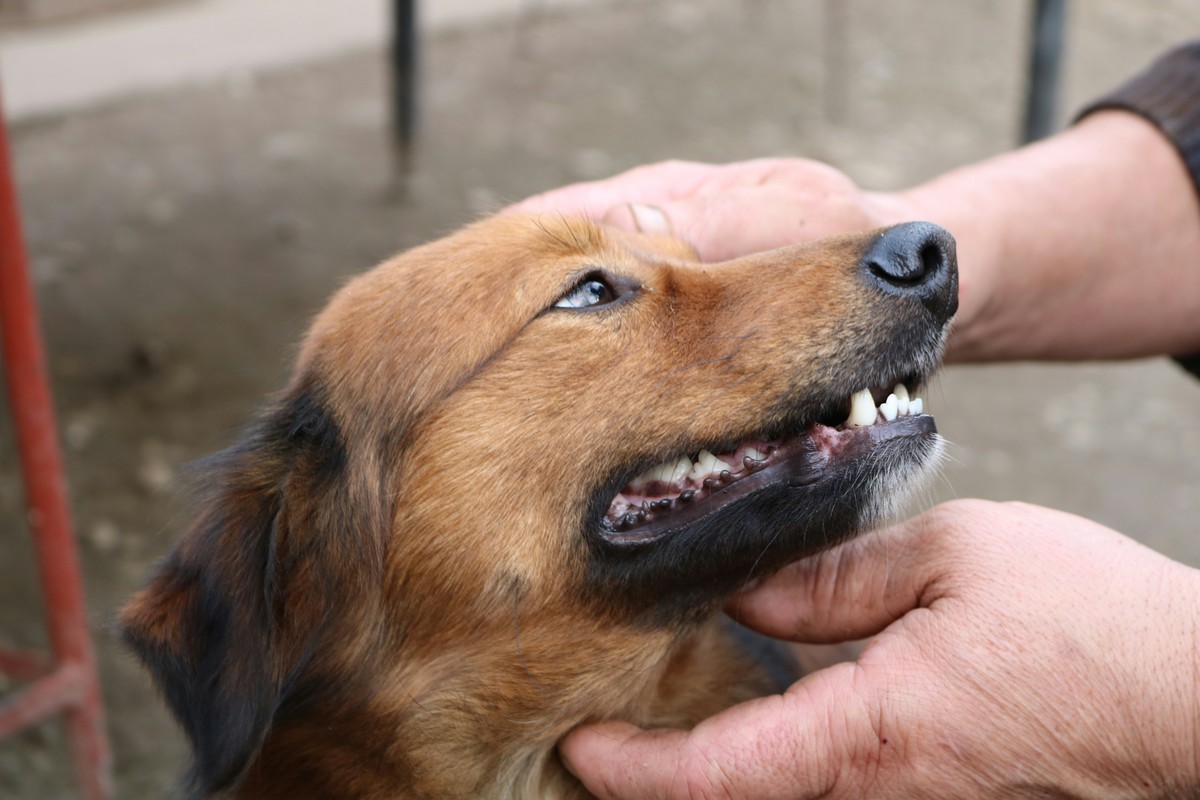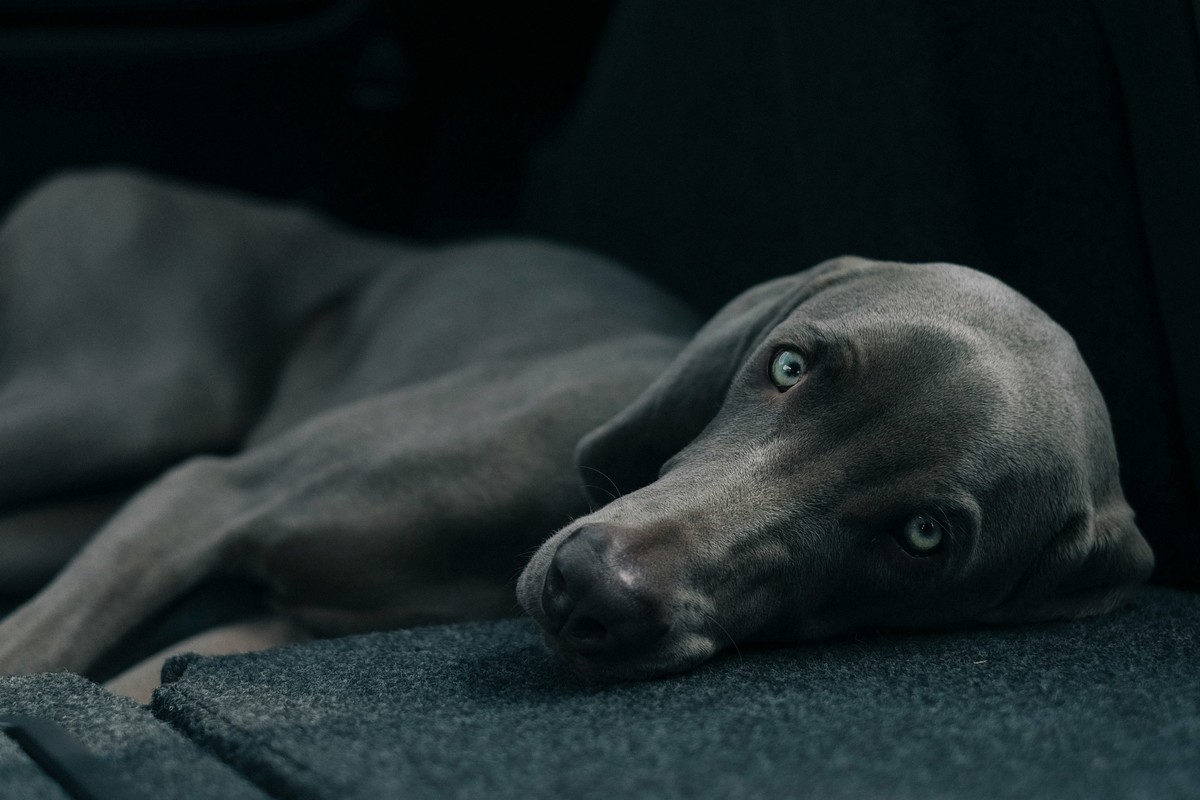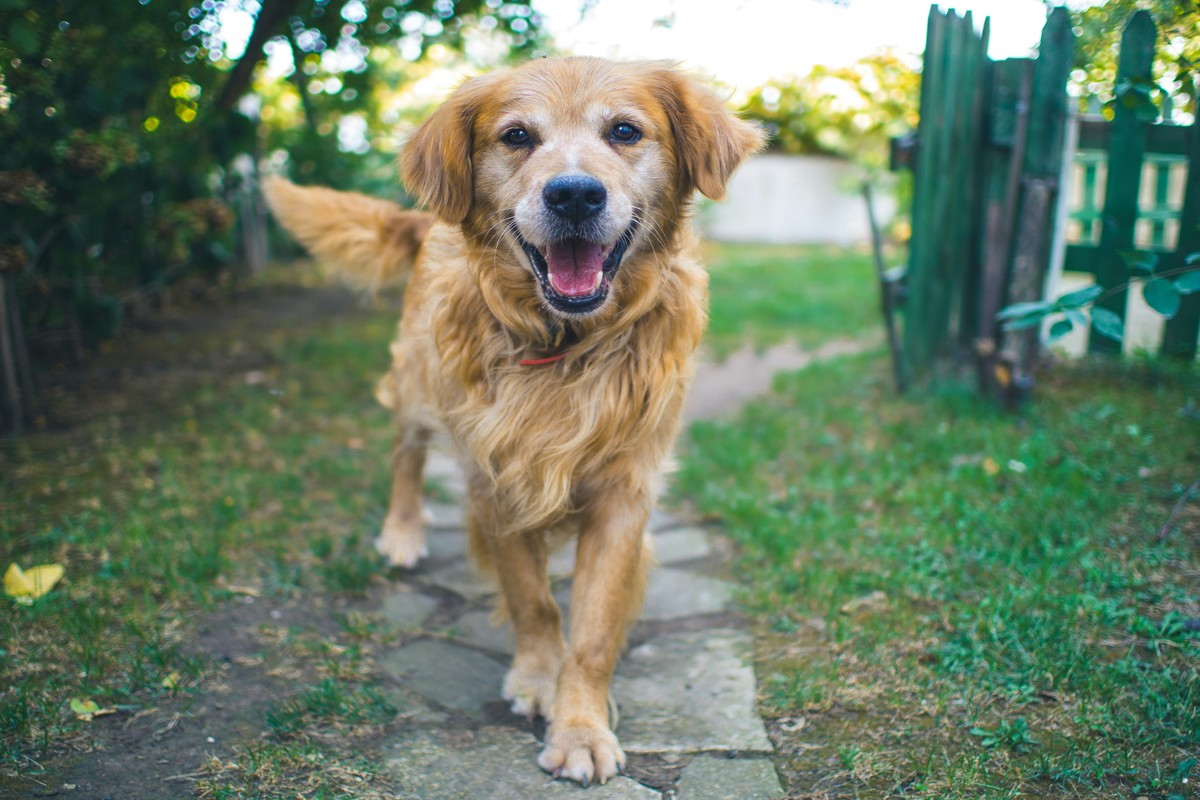Training your puppy is essential for their development and helps establish a strong bond between you and your furry friend. Here’s a comprehensive puppy training guide to get you started.
- Start Early: Begin training your puppy as soon as you bring them home. Early training helps prevent bad habits and ensures your puppy learns the basics from the start. Puppies are like sponges and learn quickly at a young age.
- Use Positive Reinforcement: Reward-based training is the most effective method. Use treats, praise, and play to reward your puppy for good behavior. Positive reinforcement encourages your puppy to repeat the behavior.
- Consistency is Key: Be consistent with your commands and rules. Use the same words and actions for specific commands to avoid confusing your puppy. Consistency helps your puppy understand what is expected of them.
- Basic Commands: Start with basic commands like sit, stay, come, and down. These commands are the foundation of good behavior and are essential for your puppy’s safety. Practice these commands daily in short, positive sessions.
- Potty Training: Potty training is one of the first challenges. Take your puppy outside frequently, especially after eating, drinking, and waking up. Use a consistent cue like “go potty” and reward them immediately after they go. Be patient and avoid punishment for accidents.
- Crate Training: A crate can be a valuable tool for training and providing a safe space for your puppy. Introduce the crate gradually and make it a positive experience with treats and toys. Use the crate for short periods and gradually increase the time.

- Socialization: Expose your puppy to different people, animals, and environments. Socialization helps your puppy develop confidence and reduces fearfulness. Take them on walks, to the park, and arrange playdates with other dogs.
- Leash Training: Teach your puppy to walk on a leash without pulling. Use a short leash and keep them close to you. Stop walking if they pull and reward them for walking beside you. Practice in different environments to reinforce good behavior.
- Addressing Bad Behavior: Address bad behavior immediately and consistently. Use redirection and positive reinforcement to encourage good behavior. Avoid physical punishment, as it can lead to fear and aggression.
- Patience and Persistence: Training takes time and patience. Puppies have short attention spans, so keep training sessions short and fun. Be persistent and patient, and celebrate small successes.

Training your puppy is a rewarding experience that sets the foundation for a well-behaved adult dog. With patience, consistency, and positive reinforcement, you can help your puppy develop good habits and build a strong bond.



